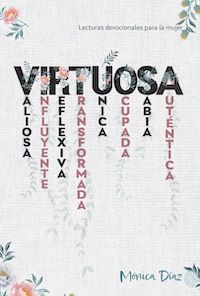Where Is Your Power?
|
I stood in the semidarkness. Before me lay a series of glass boxes set in a serpentine pattern that stretched across several rooms.
My eyes focused, and I began to see into the boxes.
I was in the Museum of Egyptian Civilization, home to an Egyptian national treasure, the mummified remains of eighteen kings and four queens.
Included in the collection were Seqenenre Tao, his head bashed in from battle. He died fighting the Hyksos, invaders from the north. Beautiful Queen Ahmose Nefertari and Hatshepsut, the queen who withheld power from her son and ruled as a man.
Thutmose III, one of the most daring military leaders in history, and Rameses II, the pharaoh of the Exodus according to some, and one of the longest-living and most productive pharaohs ever. Our guide told us that Rameses II was the only pharaoh to travel abroad.
A few years ago, his remains were taken to Germany for the repair of the mummy, study, and exhibition. However, before Germany would allow transport, Egypt was requested to produce a passport for his travel—even though he had been deceased for over three thousand years! He was met at the airport by a band and was accorded the welcome of a foreign dignitary visiting Germany. As I stared in the low light at each mummy, I realized I was standing amid some of the most powerful people who ever lived on earth.
But now, the glass caskets contained only darkened, shriveled remains of the once powerful pharaohs. They lay quiet and still.
Although they made incredible plans for a rich afterlife, nothing was left but their remains and millions of visitors staring down at them as they quietly filed past.
I thought of Solomon, the preacher, who concluded that all was foolish pride and vanity. He has given us good advice in Ecclesiastes. “Remember now your Creator” (Ecclesiastes 12:1, NKJV). Life does consist of more than power or having all our wants supplied.
It consists of following the command to “fear God and keep His commandments, for this is man’s all” (verse 13, NKJV). We can look forward to an afterlife far more glorious than what the pharaohs imagined, and we have the privilege of helping others reach heaven as well.
Would you rather be a pharaoh or God’s child?
Sherry Taujale Shrestha

